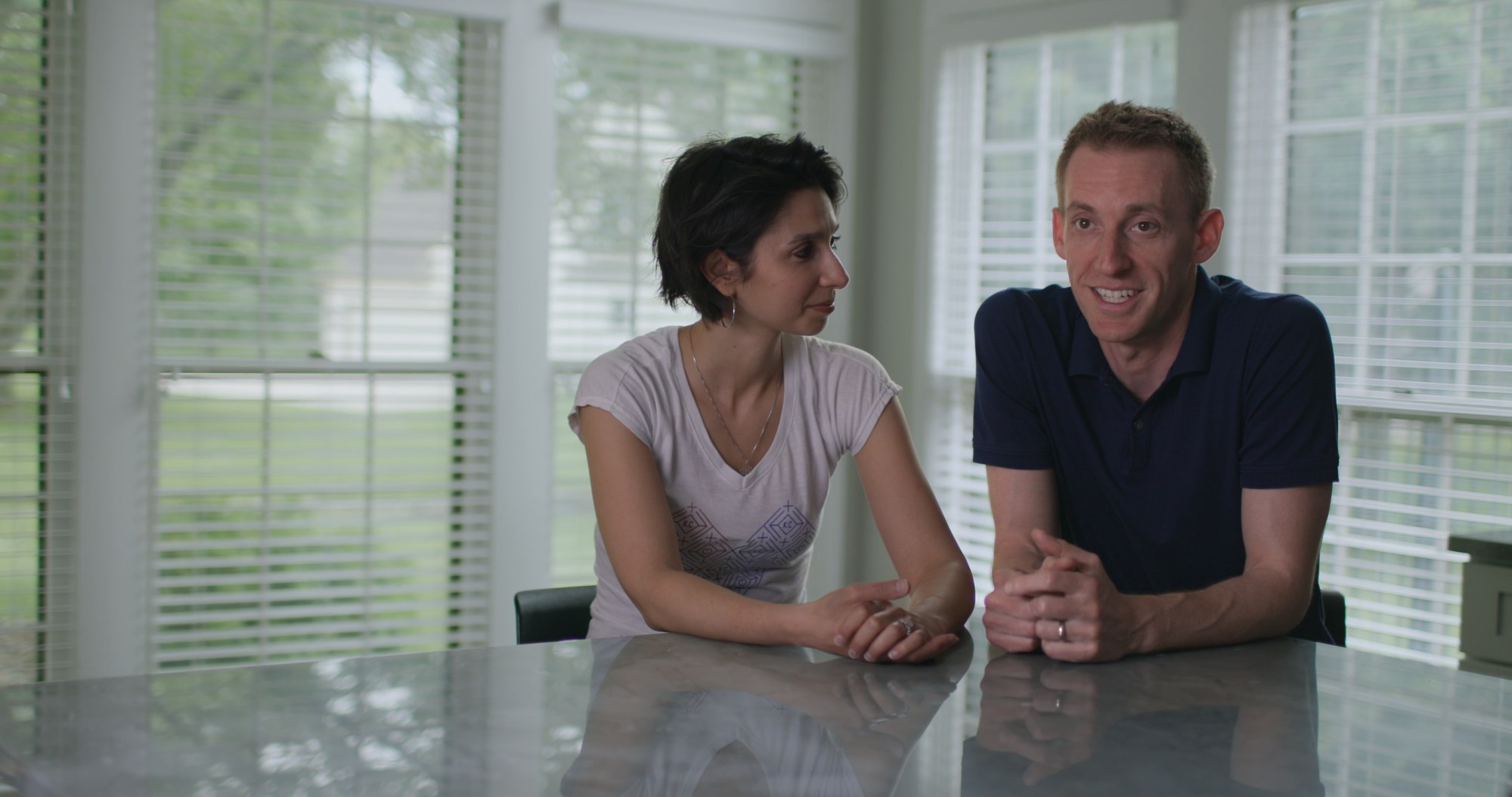
- Interviews
Docs: Director Jack Youngelson Shines a Light on PTSD With “Here. Is. Better.”
The award-winning documentary Here. Is. Better. takes us inside the battle with post-traumatic stress disorder (PTSD) as we follow two male and two female military veterans – Jason Kander (who made local headlines when he dropped out of a Mayoral race in Kansas City to seek PTSD treatment), Tabitha, Teresa and John – as they undergo treatment. The filmmakers were granted unprecedented access to therapy sessions and treatment facilities that offered the three most promising treatments: Prolonged Exposure, Cognitive Processing Therapy and Eye Movement Desensitization and Reprocessing. Every year, nearly 13 million American adults suffer from PTSD, and during PTSD Awareness Month we spoke to director Jack Youngelson on Zoom about his film and the impact he hopes it will have on that community.
Why did you decide to come on board this film?
Our executive producer, Bill Brandt, had been interested in pursuing a film about PTSD and its treatment after reading a story in the New York Times about the number of suicides that were connected – not just to PTSD, but that involve veterans. I’ve done a number of projects exploring human emotions and I had a strong desire to address that mental health crisis, so I jumped right in.
What were you looking for in choosing the four veterans who let you follow them on film?
We wanted to have a real cross-section of experience. We wanted to feature both men and women and also different generations. There are different experiences coming from Vietnam to Afghanistan to Iraq, and also with the fact that the trauma didn’t always occur in wartime situations but happened at home on bases too. There were all sorts of differences, but we also discovered a lot of shared things that unified them all, in terms of how they experienced and processed trauma.
How did you get them to trust you while you were filming their therapy sessions?
It was so important that the subjects felt safe and trusting in the process. We also didn’t want to interfere with therapy. We filmed one section at the Cincinnati VA Trauma Recovery Center, and it was an eight-week program with certain therapies we’d track, but even though it feels like things are evolving when you watch, as if we are constantly there, we ensured both the individuals and the therapists would have all the private time that they needed.
You made this film during COVID, which created a lot more PTSD in the world. How did that impact the direction of the film?
We always felt there was a wider conversation about trauma to be had in this story and de-stigmatizing talking about mental health. We were also editing the film during COVID and lockdown, and we were aware of many more people who were suffering a real sense of isolation, which made us feel a growing urgency to make the film. Thinking about mental health was front and center during that time and that all played a part in how we put the movie together.
How does the film help promote PTSD Awareness Month?
May was “Mental Health Awareness Month,” and then June focuses on PTSD, so in the U.S. our film is available on June 27, PTSD Awareness Day, on different platforms including Amazon and iTunes. It’s an opportunity to spread the message of the film and more widely engage with a national audience by first starting with a grassroots campaign that brings the film to community centers and VA centers where people can gather and watch the film and talk about it.
What do you hope audiences are talking about after seeing the film?
It was an opportunity to say that when you talk about PTSD and trauma treatment, it’s not a “one size fits all” therapy. For people watching and asking, “How do I take the first step to seek help?” the film was not meant to be prescriptive as much as to show that there are many vetted trauma therapies that have been shown to work, and there are also other paths and other modalities that can offer support if someone is looking for help.
Here. Is. Better. releases theatrically in New York and Los Angeles on June 23, with a VOD release on all major platforms in the U.S. and Canada on June 27, timed to National PTSD Awareness Day. The month of June is also PTSD Awareness month. For more information, visit www.HereIsBetter.org.

